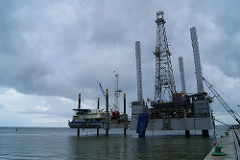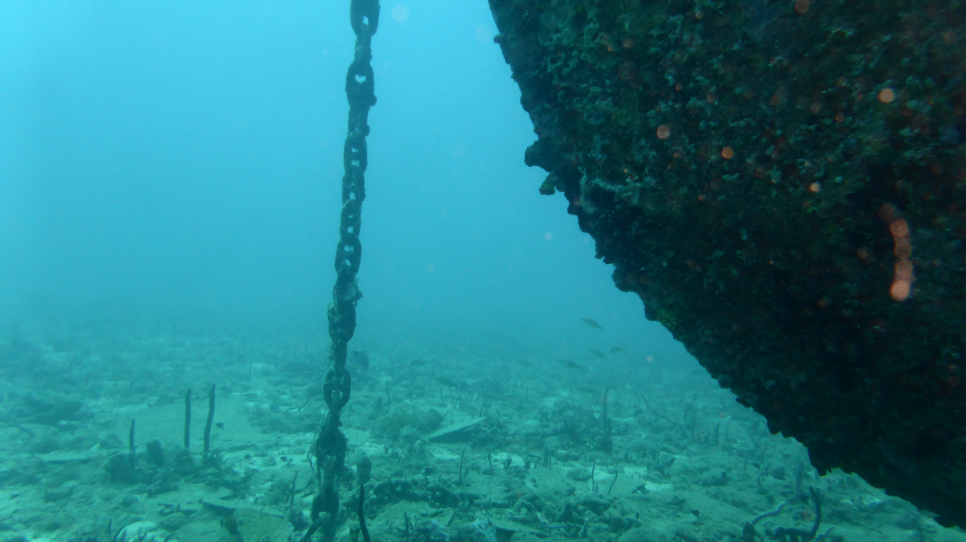Oil Rig/Overseas Injury – Personal Injury
Doyle Dennis Avery LLP Trial Lawyers has filed suit against Weatherford International, LLC (“Weatherford”) for negligent operations leading to a serious shoulder injury suffered by its client while working on an oil rig overseas.
Due to the negligence of Weatherford, Doyle Dennis Avery LLP ’s Client suffered injuries on or about May 14, 2015, at an oil rig located in Iraq. On the date of the incident in question, Plaintiff was working for Baker Hughes. While walking toward the rig stairs, he tripped on a blow down line that was improperly and unsafely placed and partially buried near a set of stairs. As a result, he tripped and fell suffering a serious shoulder/arm and nerve injuries. Weatherford, by and through its employees and officers, was negligent in creating the dangerous conditions that proximately resulted in his injuries, which include injuries to his shoulder/arm and nerves, and in failing to provide adequate equipment, a properly positioned blow down line, an adequate crew, and negligent hiring, training, supervision, and in other respects.
Doyle Dennis Avery LLP is proud to represent this worker who was injured due to the negligence of an oil rig operator while working overseas. Contact us today if you or someone you know suffered from an oil field injury.






